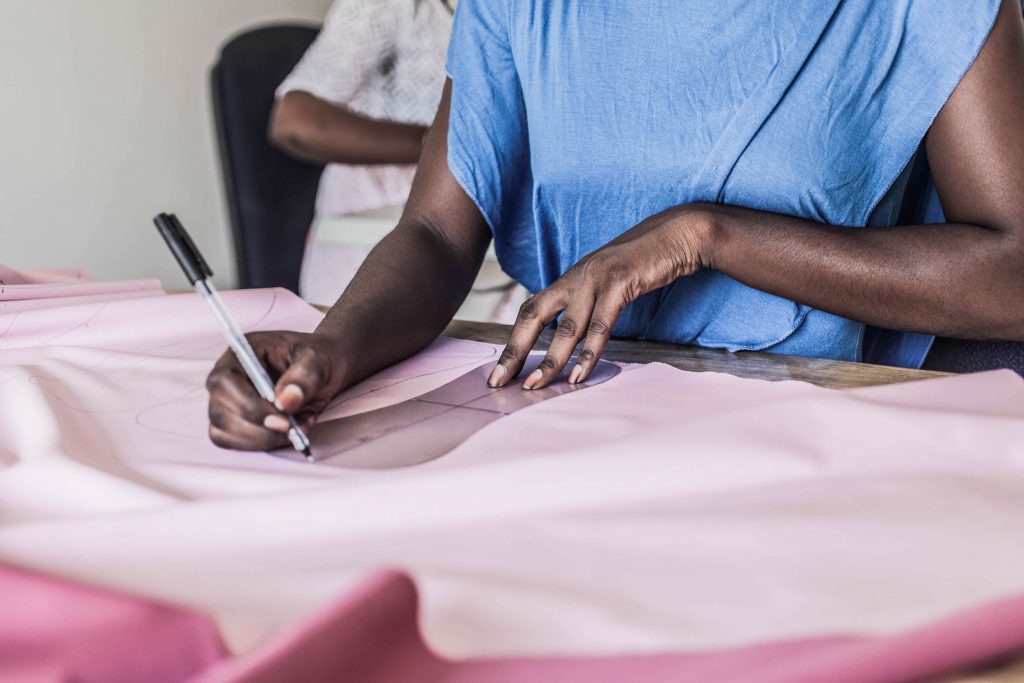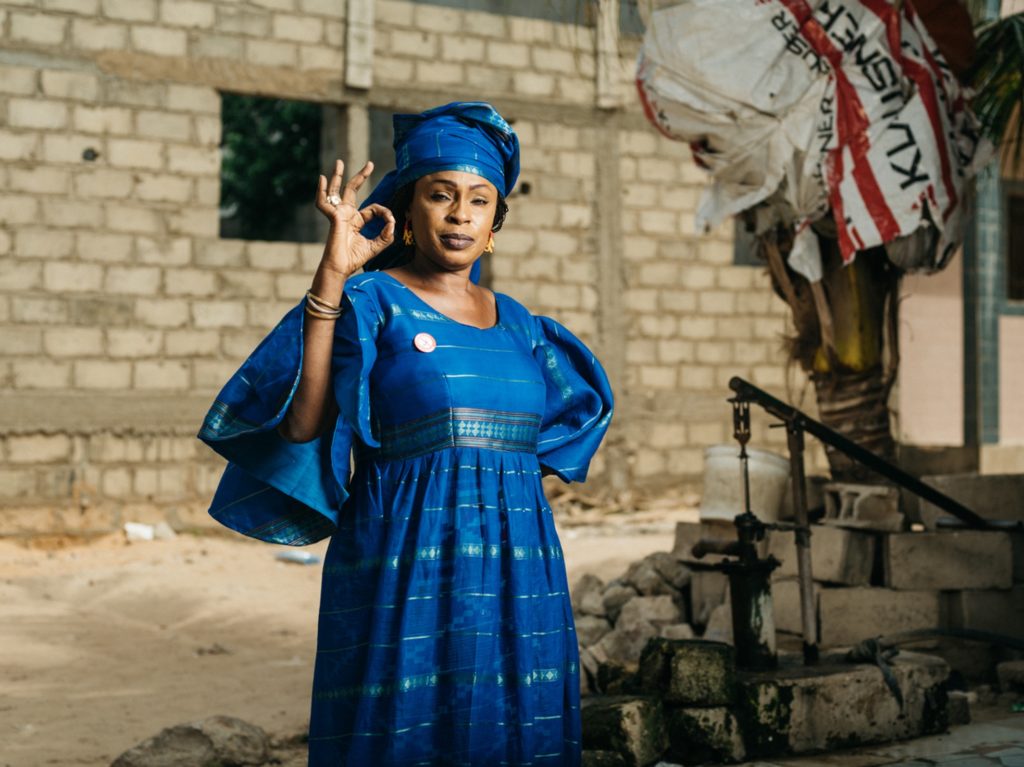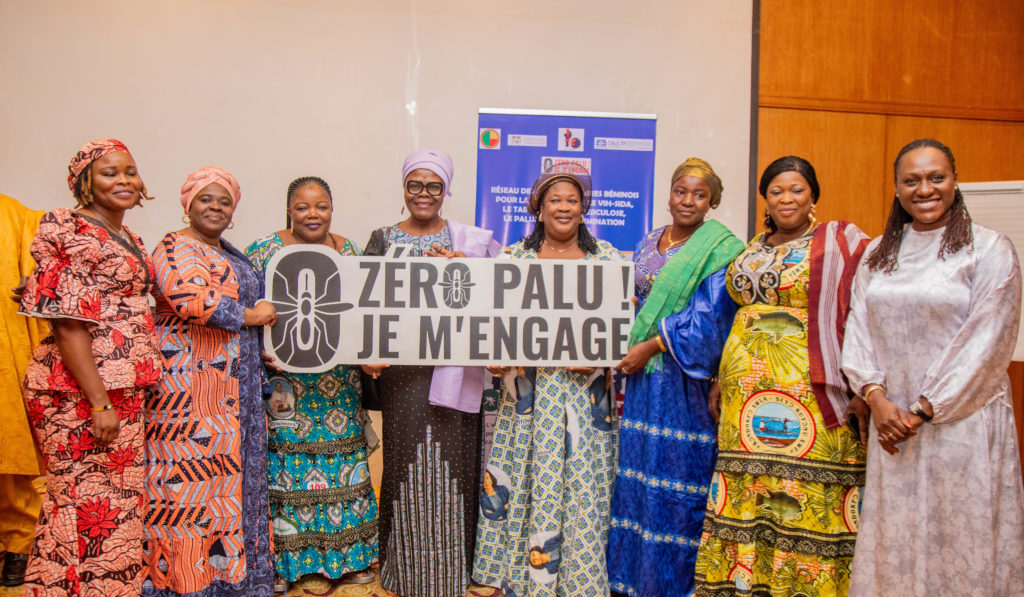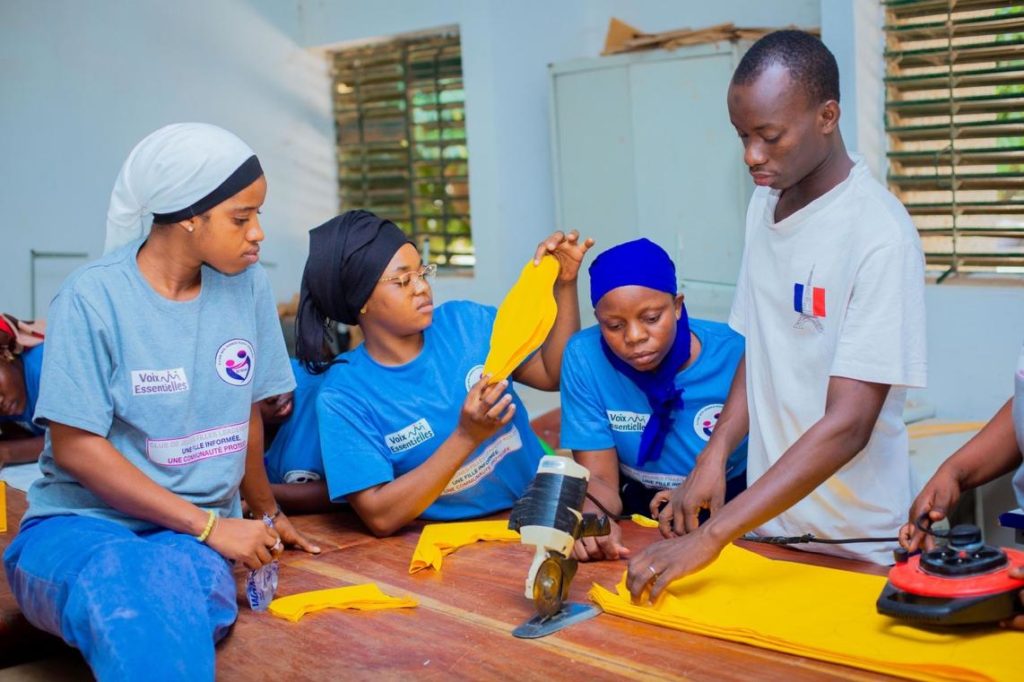Menstrual Hygiene Day: Why no woman should feel ashamed by their period!

By Aïda Kabo, Program Associate, Speak Up Africa
Today is Menstrual Hygiene Day, a global advocacy day that brings together powerful voices from across the globe to promote good menstrual hygiene management (MHM) for all women and girls.
At Speak Up Africa we strongly believe in a world where every woman and girl can manage her menstruation in a hygienic, safe and dignified way. Menstruation is a normal and healthy part of life for most women and girls, yet a lack of information about periods leads to damaging misconceptions that often make women and girls feel isolated or ashamed. In fact, it’s not only women and girls that need education, but importantly boys. If boys are educated about periods, this will contribute to increased understanding and respect.
Hygiene difficulty and misconceptions about periods can often be damaging for women and young girls across Africa. This is why we launched our ‘No Taboo Periods’ campaign in 2016. The campaign is aimed at enhancing knowledge, attitudes and practices relating to MHM and making period management a public health priority for local authorities and leaders in Senegal.
Across Africa, 1 in 3 people still lack basic sanitation services, with this number rising to 75% of the population in West Africa. Because of this, managing periods is a major challenge for women and young girls who lack these basic facilities at home. It is therefore crucial that whilst at school or work, women and girls have access to clean and safe toilets so that they can dispose of products hygienically and manage their periods confidently.
As part of our campaign, in July 2017 we conducted a study of almost 2,000 women and girls to assess the levels of knowledge and understanding around hygiene management practices. Our study found that girls’ lack of access to clean and safe toilets during their periods perpetuated shame and fear. Crucially, this belief has tremendous and long-term impacts on women’s health, education and living conditions.
Improving MHM practices in Africa will undoubtedly improve the lives of women and young girls, however we must also remember the positive impact that this can have on society as a whole. Empowering women and girls to go to school or work will ultimately have a far-reaching impact on their economic empowerment. Without the necessary education programs and sanitation infrastructure, menstruation therefore becomes an obstacle to economic growth, contributing to the cycle of poverty.
No woman should feel confused or ashamed by their body. This is why we passionately advocate to end all stigma against periods. If women across Africa receive the right education about MHM and have proper access to menstrual products and adequate sanitation facilities, we will truly – and rightly – empower them all.


